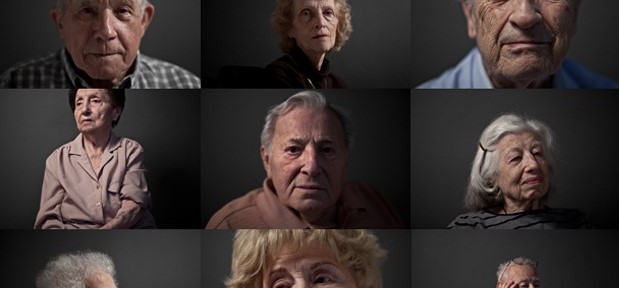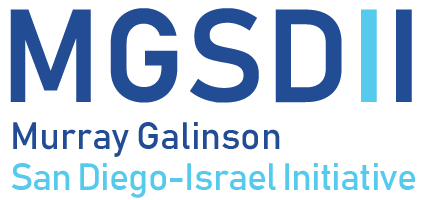
Citizenship, Identity Politics and Nation Building: Differences in Holocaust Memory Work Among Jewish-Israeli High School Students — with Yehuda Goodman
Thursday, January 31, 2019
6:00 Dinner (Registration Required)
7:20 Lecture (Free)
Congregation Beth El
8660 Gilman Drive
La Jolla, CA 92037
—
The Holocaust plays a central role in the grand narrative of the State of Israel’s genesis and birth. This means that the traumatic, catastrophic event of the Holocaust has been widely constructed as part of Israel’s legitimating ethos, and was used to enhance its sense of solidarity and community. It also explains the Holocaust Day, which commemorates in Israel the people who were murdered by the Nazis and their collaborators. In this talk, I will discuss the importance of the Holocaust memory for constructing the nation, but also examine how the experience, memory and trauma of the Holocaust is rooted in the memory of a particular group, that is in the Ashkenazi (European) Jews’ history, and much less so in the Mizrahi (Middle Eastern) Jews’ history. Mizrahim lived during the Holocaust in Arab countries and escaped in most countries the Nazi regime (except in some north-African countries, like Lybia). Given these groups’ differences in their historical and familial experiences, I will describe and analyze how memory work is different — in practice — for different groups of high school students in Israel, and what are the broader implications of such differences, in terms of collective differential senses of subjectivity and citizenship.
Dr. Yehuda Goodman is a senior lecturer in the department of Sociology and Anthropology at the Hebrew University of Jerusalem (Heb U). His fields of interest are psychological anthropology, medical anthropology, and anthropology of religion. His research focus is on the ways identities are formed, manufactured and negotiated in the contexts of social and political contestations. He explores how identity politics and their entailed moralities constitute various forms of cultural criticisms. He examines these questions in diverse social fields in Israel, including therapeutic settings, religious conversions, schools, and the army. Before turning into an anthropologist in his PhD studies at Heb U, he studied Jewish philosophy (BA & MA at Heb U and graduate studies at Harvard), and clinical psychology (MA at Heb U). Later, he was a post-doc and a visiting scholar at Haifa U, UC Berkeley and MIT. He published his research in American Ethnologist, Anthropological Quarterly, Transcultural Psychiatry, Culture, Medicine and Psychiatry, Medical Anthropology Quarterly, Social Science and Medicine, Sociology of Religion, Ethnos and Ethos. Together with Yossi Yonah he is editor of Maelstrom of Identities: A Critical Look at Religion and Secularity in Israel (Hebrew). And, his book The Exile of the Broken Vessels: Haredim in the Shadow of Madness (Hebrew) won the Bahat Prize for best scholarly manuscript in Hebrew.



